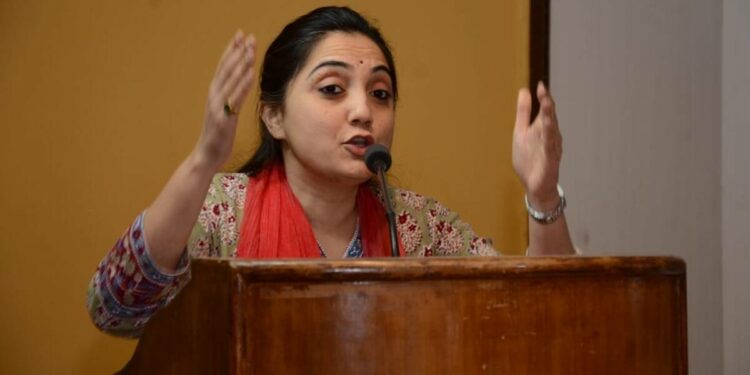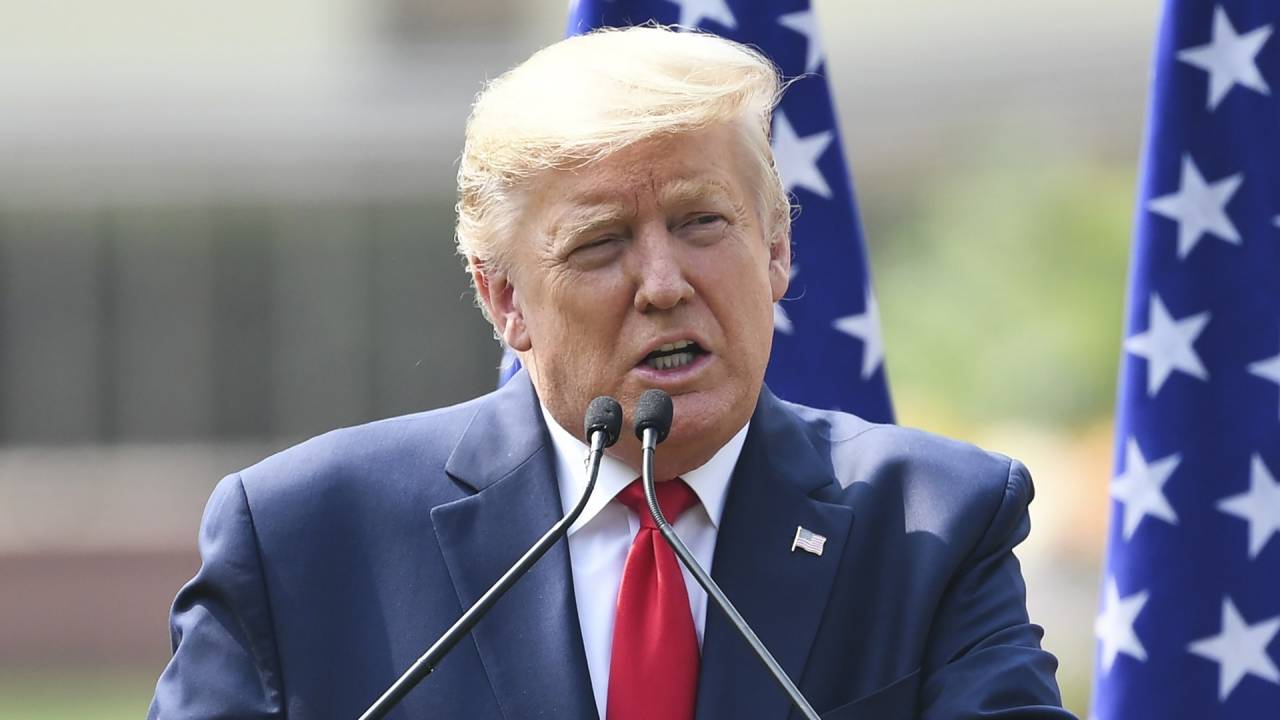The Bharatiya Janata Party’s (BJP) handling of the Nupur Sharma affair is a prime illustration of how mistakes can have serious electoral consequences, as political strategists have long known.Much like Jose Pekerman’s decision to bench Lionel Messi during the crucial 2006 FIFA World Cup match, J.P. Nadda’s choice to sideline Nupur Sharma has had profound implications for the BJP, particularly in the states of Uttar Pradesh and Rajasthan. Let us delve into the double-edged sword that was the Nupur Sharma issue, examining how it backfired on the BJP and what could have been done differently to secure a more favorable outcome.
The Nupur Sharma Controversy: A Brief Recap
Nupur Sharma, a prominent BJP spokesperson, found herself at the center of a storm following her remarks about Prophet Muhammad during a television debate. The comments, which sparked widespread outrage both domestically and internationally. The BJP, in a bid to contain the fallout, suspended Sharma and expelled Naveen Kumar Jindal, another party member who had made similar remarks on social media.
The Immediate Fallout
The BJP’s decision to suspend Sharma was seen as an attempt to placate the international community and mitigate diplomatic tensions with several Muslim-majority countries, including Qatar, Kuwait, and Saudi Arabia, which had condemned the remarks and summoned Indian ambassadors. However, this move did not sit well with the party’s core Hindu nationalist base, who viewed it as a betrayal of one of their own.
The Double Backfire
1. Loss of Hindu Support: The suspension of Nupur Sharma was perceived by many within the BJP’s support base as a capitulation to external pressures and a failure to stand by a party member who was defending Hindu interests. This perception was particularly strong in states like Uttar Pradesh and Rajasthan, where the BJP’s core voter base felt alienated and disillusioned. The party’s inability to effectively communicate its rationale for the suspension further exacerbated the situation, leading to a loss of trust and support among its traditional voters.
2. Muslim Vote Consolidation: On the other hand, the opposition parties capitalized on the controversy to consolidate Muslim votes against the BJP. The incident provided a rallying point for Muslim voters, who were mobilized by opposition leaders to vote en masse against the BJP. This was evident in the recent elections, where the BJP faced significant setbacks in constituencies with substantial Muslim populations.
The Missed Opportunity
Had the BJP handled the Nupur Sharma issue differently, the outcome could have been markedly different. By standing firmly behind Sharma and framing the controversy as an attack on free speech and Hindu rights, the BJP could have galvanized its core base and potentially attracted undecided voters who value strong leadership and ideological consistency. This approach would have required a robust communication strategy to counter the narrative of religious intolerance and present the party as a defender of national interests and cultural heritage.
Strategic Recommendations
1.Clear Communication: The BJP should have clearly communicated the reasons behind its actions, emphasizing the need to maintain diplomatic relations while also standing firm on its ideological commitments. This would have helped mitigate the perception of betrayal among its core supporters.
2. Support for Nupur Sharma: Instead of sidelining Sharma, the BJP could have used the controversy to highlight issues of religious intolerance and the need for a balanced discourse. By supporting Sharma, the party could have demonstrated its commitment to protecting its members and their right to free speech.
3. Engagement with the Base: The BJP should have engaged more actively with its core voter base, addressing their concerns and reaffirming its commitment to their interests. This could have been achieved through targeted outreach programs and public statements by senior leaders.
The Nupur Sharma controversy serves as a cautionary tale for the BJP. The party’s decision to suspend Sharma in the face of international pressure not only alienated its core supporters but also provided the opposition with a potent tool to consolidate Muslim votes. By failing to effectively manage the fallout, the BJP missed an opportunity to strengthen its position and secure a more decisive electoral victory. Moving forward, the party must learn from this episode and adopt a more nuanced approach to handling internal controversies, ensuring that it remains true to its ideological roots while also navigating the complexities of modern diplomacy.
In the end, much like Messi’s absence was felt keenly by Argentina in 2006, the sidelining of Nupur Sharma has left a void in the BJP’s electoral strategy. It is a lesson in the importance of standing by one’s principles and the potential costs of perceived capitulation.


















Discussion about this post